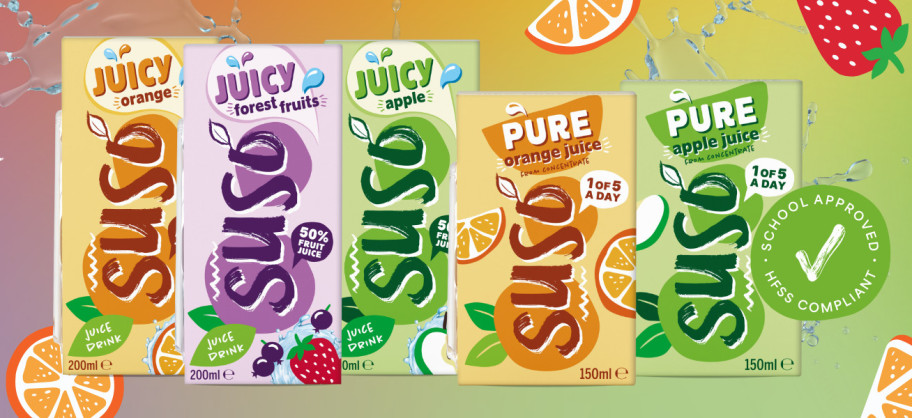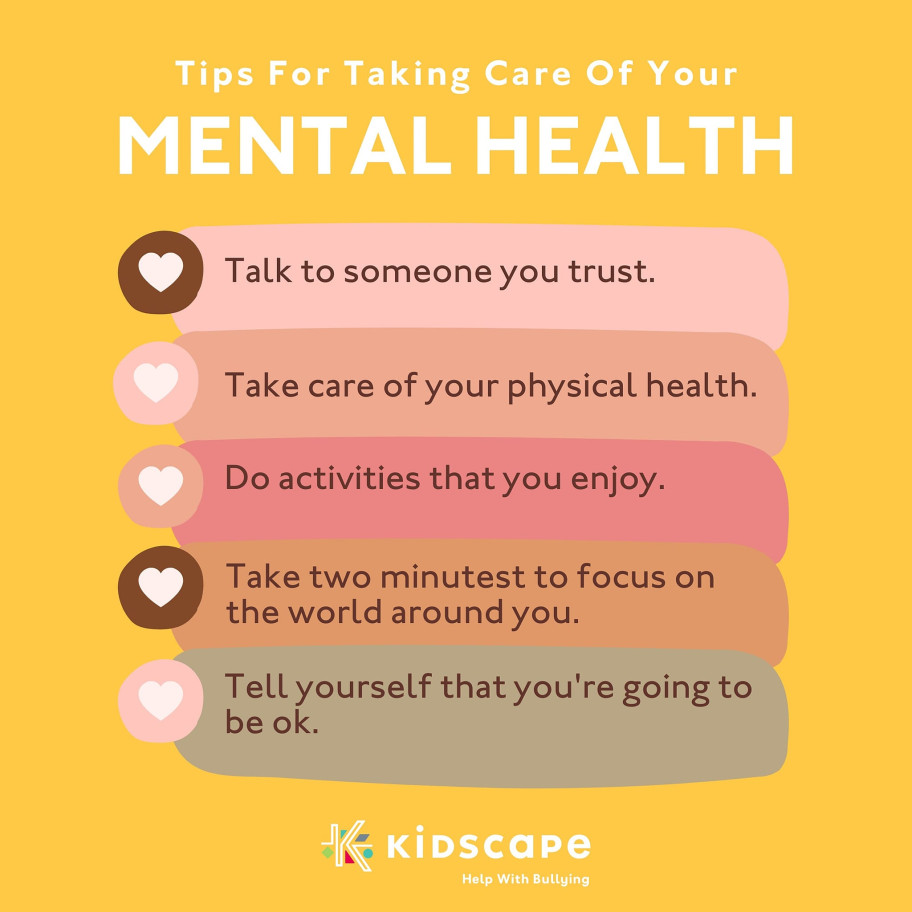How to actively keep young people interested in sport
Being a teenager can be a challenging time, from their experiences with puberty and society to school exam stress. Therefore, making sure they keep up with sport and physical activities is probably not the first thing on your child’s mind. Most children unfortunately lose their love for sports as they hit the middle of their teenage years, and research by Women in Sport found that over a million girls across the UK have lost their interest for sport as they progress into becoming teenagers.
We have explored some ways to keep your child interested in maintaining a healthy lifestyle and fitness levels. Here we will share some tips so that you can help promote the importance of sport in the daily lives of your teenagers and young people.
Start young
Encouraging your child to take part in sports during their younger years is one way to ensure your teenager stays passionate for sport as they progress into adulthood. In a study by Harvard University, it revealed 77% of adults aged 30+ who currently participate in sports also played these during their younger years. Making sure your kids enjoy sports and exercise starts with their primary socialisation through play when they are young. Being part of a team and participating in sport while young can see children carrying this into their adult life due to establishing a set routine early on. If your child has been doing after-school activities throughout their younger years, it is likely that they might continue into their teenage ones as they will have found a hobby and activity that they enjoy. Encouraging a sport which is separate from their school social circle can help as they develop friendships with other likeminded individuals outside of their day-to-day environments.
Building robustness
One of your roles, as a parent, is to ensure that your children are prepared for whatever they might face when they grow up and so ensuring they are resilient is an important parenting focus. And luckily, sport can help this! In fact, sport has been identified as a key driver in childhood resilience. So placing your young ones into sport activities after school could actually be preparing them for the future in many ways.
Not only will your children develop the means to be a good sportsman in the face of loss, but they will also develop critical and flexible thinking skills to help better their decision making. Whether an opponent has the upper hand, or you need to improvise due to an injured player, team sports can improve your child’s need to problem solve.
Praise rather than improvement
Keeping a positive mindset around different sporting activity can encourage your child in their hobby. Rather than focusing on how your child can improve and pushing them towards higher levels of performance, more continuous praise around the enjoyment they have had so far would be a great way to show your support for their achievements. If you see your child excelling in a sport it might be tempting to push your child to strive for higher, such as joining regional and national competitions, for example, but this competitive nature might not be what your child needs. This could discourage your child from enjoying sport and instead make them resent it. Instead apply minimal pressure and support the fun aspect of the sport if competing is not what they would like to do. As teenagers develop they go through different stages of independence to establish self-identity within the family unit and in external relationships – pushing for sport might make the decision to give up all the more tempting to your teenager.

Stand up to stand out
There are several initiatives such as Stand Up, Speak Out aim to actively encourage people to speak out against bullying, harassment, and other forms of unacceptable behaviour. Some people have used sport to encourage people to speak out in the name of charity. Examples include, violence against women and girls or an initiative outing discrimination against immigrants. Not only can sport have a positive physical benefit for teenagers, but it can be a charitable activity for those who want to make a difference in an area of their choice. There are typically local sporting events that your teenager can take part in to raise money for charity either by playing the sport or helping as part of the fundraising team. Checking local bulletins and sporting team websites would be a great way for your teenager to get involved.
Mental well-being
Educating teenagers around the benefits of sport supports encouragement to participate. While they may understand the physical benefits, it is important to open up about mental well-being and the positive impact that regular exercise can have on their mental health. According to the Mental Health Foundation, 20% of adolescents will experience mental health issues, with half experiencing them by the age of 14. So, making sure your teenagers have the best tools to help boost their mental wellbeing can be key. Exercise not only helps mental health by reducing stress, but it can also have other cognitive benefits such as improving memory and concentration which teenagers will benefit from during times of exam preparation.
It is also beneficial for your teenager to have a change of scenery when taking part in sports as they visit new environments. Due to them spending a lot of time at school or studying at home, taking part in a sporting activity could be a welcomed break from their standard environment.
Set an example
It is important to set a positive example for your children, no matter their age, especially during their teenager years where they look for positive role models. For many teenagers quitting sport might be as a result of a confidence issue rather than a lack of interest for sport. For girls especially, 50% quit sport due to the onset of their period. Teenage girls might feel more comfortable competing in sport during puberty if they have seen other inspirational women in their life also go through this. Teaching your teenage girls’ methods of remaining comfortable and confident during their periods and showing them role models who do the same could mean they are less likely to quit. Now sporting facilities are prepared for girls taking part in sports and have provisions in place to make sure that they are comfortable in the environment where they are playing. For example, many local football teams have female only changing rooms.
Likewise, children who grow up in a household with inactive parents are more likely to be inactive and disinterested in sports themselves. So, by being active yourself, you are instilling a positive lifestyle which your teenagers are more likely to follow. This includes being involved with sport and exercise but also living a healthy lifestyle in general. Encouraging fruity drinks and nutritious, healthy eating could help your child maintain a better lifestyle going into adulthood.
Sport is not just a healthy activity for your teenagers to be involved with, but it also has many ethically and mentally positive impacts. From supporting important causes and charities, meeting new friends, building on teamwork all contribute to improving your teenager’s own mental health and preparing them for the future. Making sure your teenager feels safe to explore their own identity, practice sport, and follow their dreams could make the difference in them maintaining a positive relationship with exercise into adulthood.
https://qcmutiny.com/new-blog/2020/5/22/how-childhood-sports-affects-adult-healthnbsp
https://www.webmd.com/parenting/features/teenagers-why-do-they-rebel
https://www.hampshire-pcc.gov.uk








